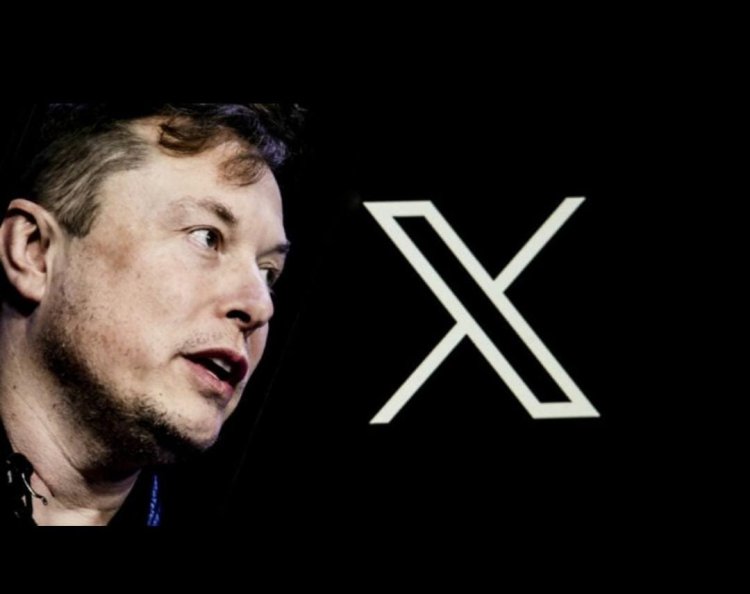Challenging Elon Musk's Statement: The Impact on African Youths and the Call for a Better Alternative to Twitter

By: Cadre Akansasira - Junior victor- Uganda
As a Ugandan patriot, cadre, Pan Africanist, and global schools advocate and mentor on SDGs, I feel compelled to challenge Elon Musk's recent controversial statement regarding Twitter. Musk's assertion that all users should pay to access the platform has sparked widespread concern and opposition. In this article, I aim to challenge Musk's statement, particularly in relation to the potential difficulties it may cause for African youths. Furthermore, I advocate for the exploration of alternative solutions that can provide a better platform for communication and connectivity.
The Impact on African Youths:
Africa has witnessed significant growth in internet and mobile phone penetration rates in recent years. Social media platforms, like Twitter, have played a vital role in connecting African youths with the rest of the world, offering opportunities for networking, idea-sharing, and accessing information. However, the introduction of a paywall on Twitter could present severe challenges for African youths, especially those from economically disadvantaged backgrounds.
Access to the internet and social media platforms is already a concern in many African countries due to affordability issues. Implementing a payment requirement to access Twitter would further exacerbate these challenges, potentially widening the digital divide and hindering African youths' ability to engage with the global community. It is crucial to consider the potential negative consequences such a decision could have on the educational, entrepreneurial, and social prospects of African youths.
The Call for a Better Alternative:
While Twitter has served as a popular platform for communication and social interaction, it is essential to explore alternative solutions that address the concerns raised by Musk's statement. This presents an opportunity to develop platforms that are inclusive, accessible, and tailored to the specific needs of African youths.
One possible alternative is the development of localized social media platforms designed specifically for African users. These platforms can be made more affordable, user-friendly, and culturally relevant, providing African youths with a space to express themselves, connect with others, and participate in meaningful conversations. By focusing on the unique challenges faced by African youths, these platforms can foster innovation, creativity, and collaboration within the continent.
Another alternative is to invest in existing platforms that prioritize inclusivity and accessibility. By supporting initiatives aimed at bridging the digital divide, ensuring affordability, and providing educational resources, we can empower African youths to harness the full potential of the internet and social media. Collaborative efforts between governments, tech companies, and nonprofit organizations can play a vital role in driving positive change and creating a more equitable digital landscape.
Conclusion:
Elon Musk's statement regarding Twitter's paywall raises significant concerns, particularly in relation to its impact on African youths. The potential difficulties it poses in terms of access and affordability could hinder their ability to connect, learn, and thrive in an increasingly connected world. Therefore, it is crucial to challenge Musk's statement and explore alternative solutions that can provide a better platform for African youths.
By investing in localized social media platforms and supporting initiatives that bridge the digital divide, we can ensure that African youths have equal opportunities to engage with the global community. It is essential to prioritize inclusivity, accessibility, and affordability, taking into account the unique challenges faced by African youths. Through collaborative efforts, we can create a digital landscape that empowers and uplifts the voices and aspirations of African youths, fostering innovation, connectivity, and growth. As an advocate for African youths, I am committed to this cause and will continue to champion their rights to a better digital future.

